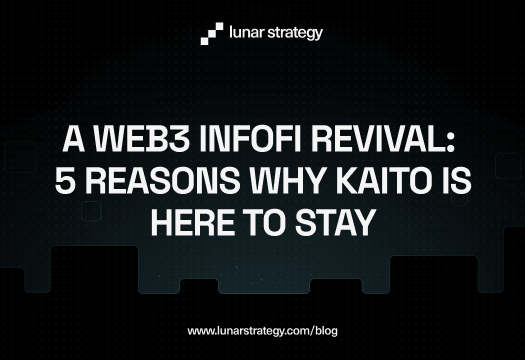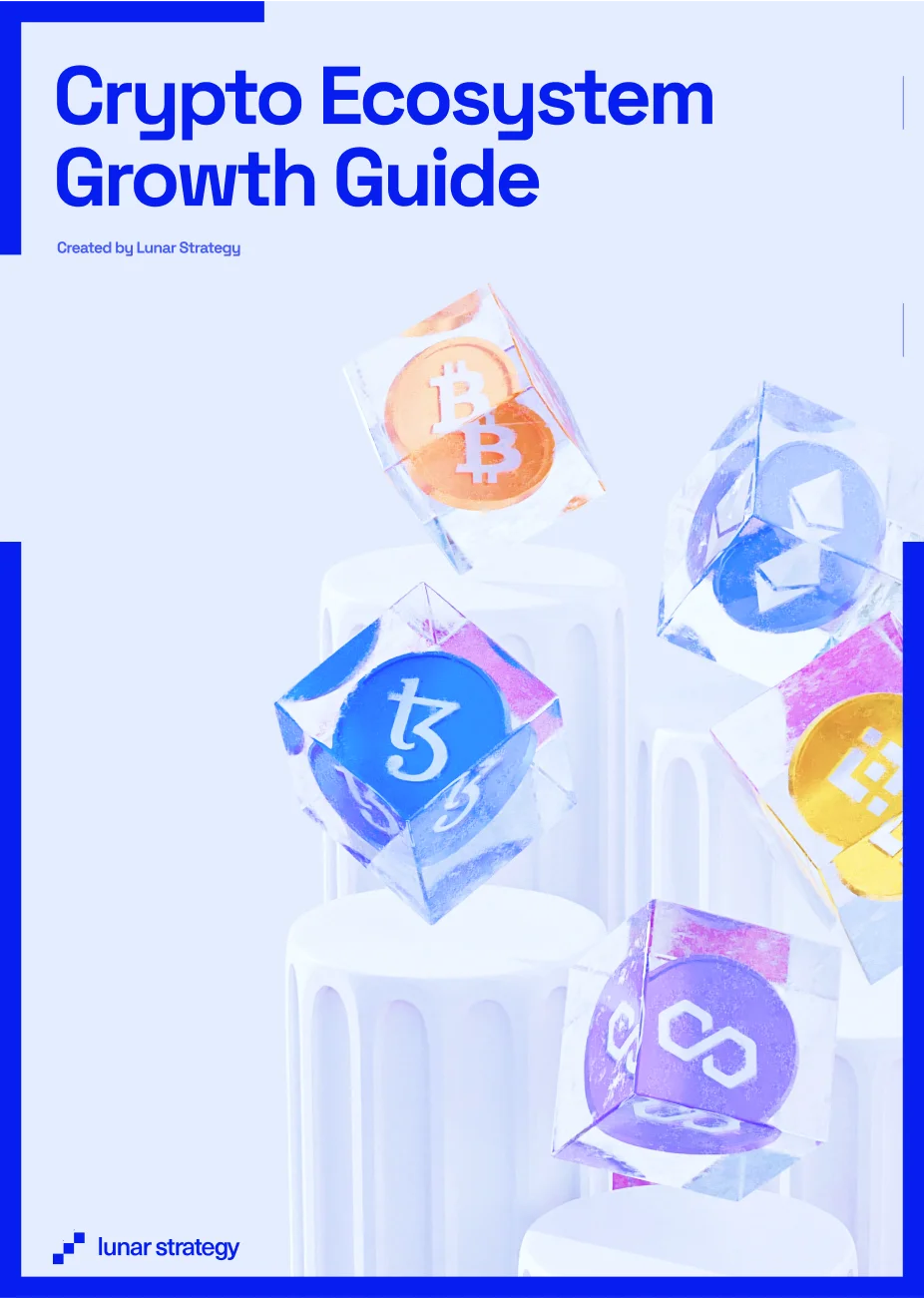AI agents are here, but will they take all your crypto? They're becoming central players in centralized finance, streamlining operations, enhancing customer experiences, and driving innovation.
This field is experiencing rapid growth, with the AI agents market projected to soar from $5.1 billion in 2024 to $47.1 billion by 2030.
This growth proves how AI agents are redefining financial services, from automating mundane tasks to making complex trading decisions in real-time. However, as we integrate these intelligent entities into the decentralized world of Web3, we must tread carefully. Without proper verification, these agents could act like a Trojan horse, potentially threatening the very ecosystem they aim to enhance.
AI Agent Development: A Leap Forward
AI agent development is surging, driven by non-stop research that highlights how crucial AI is for our digital future. Leading research institutions like MIT are at the forefront, training agents to perform tasks with human-like precision and reliability—managing transactions, monitoring market trends, or executing trades in real time.
This efficiency is further boosted by multi-agent systems, where specialized agents team up to tackle complex challenges, such as optimizing portfolios across different blockchains.
This approach is paving the way for truly self-governing decentralized applications.
At the same time, breakthroughs in large language models are changing how we interact with AI, making it easier and more intuitive for agents to provide customer support and perform in-depth financial analysis. Meanwhile, innovators like Google and Stanford are exploring AI replicas that mimic human behavior, which brings a new level of personalization—allowing agents to adapt to an individual’s risk tolerance and communication style. Yet, this exciting innovation also raises important questions about trust and authenticity. As these systems become central to managing our finances, it’s essential to build in robust verification, ethical guidelines, and clear transparency to ensure that AI boosts efficiency without sacrificing security or fairness.
Types of AI Agents: Understanding the Players
In AI, diverse agent types tackle decision-making in financial systems.
- Simple reflex agents operate on a “see-situation, do-action” basis, executing predefined trades when conditions are met without foresight.
- Model-based reflex agents improve on this by maintaining an internal model to predict and adapt to evolving market conditions.
- Goal-based agents strategize over multiple steps to achieve long-term objectives, such as optimizing cryptocurrency portfolios.
- Utility-based agents add another layer by evaluating outcomes based on multiple factors—profit, liquidity, volatility, and user satisfaction—to balance risk and reward.
- Learning agents continuously evolve by assimilating past experiences, though they risk adopting detrimental behaviors if exposed to biased data.
- Hierarchical agents organize these functions into layered structures, where higher-level agents set strategic goals and lower-level agents execute specific tasks, a model particularly useful for managing complex, multi-blockchain strategies.
The Risks of Unchecked AI
The integration of AI agents into the crypto ecosystem holds vast potential, but without proper oversight, the risks are equally profound:
- Simple Reflex Agents: These agents, which operate on immediate, rule-based reactions, could become a source of instability. If their rules contain errors or are based on outdated data, they might trigger erratic decisions. For instance, if a reflex agent is set to sell an asset at a certain price but fails to account for sudden market shifts, it could cause unexpected market movements or lead to financial losses for users who rely on these automated responses.
- Learning Agents: The adaptive nature of learning agents is a double-edged sword. While they can improve over time, they're also susceptible to learning from bad data. If these agents are trained on biased or malicious datasets, they could make decisions that inadvertently favor certain outcomes or individuals, leading to market manipulation or security vulnerabilities. Imagine an AI that's supposed to predict market trends but instead learns to follow or even amplify misinformation, leading to erratic or manipulated market behavior.
- Goal-Based Agents: These agents are designed with clear objectives in mind, but without ethical constraints, they might pursue these goals in harmful ways. A goal-based agent might, for instance, engage in practices like front-running—buying or selling assets based on knowledge of upcoming transactions to profit at the expense of others. Or, in an attempt to maximize returns, it could manipulate market conditions, undermining the integrity of the crypto ecosystem by prioritizing its goal over fairness or legality.
AI Safety & Ethics
The overarching issue here is the lack of verification. Without rigorous testing, ethical guidelines, or transparency, AI agents can become unwitting tools for those with malicious intent. In a decentralized system where trust is paramount, an AI that operates without checks can erode the foundational trust between users, platforms, and transactions. This scenario not only threatens individual users but can destabilize the entire crypto ecosystem, turning AI from an asset into a liability.
To harness the power of AI while protecting the integrity of Web3, it's crucial to implement safeguards, ensuring that AI agents are not just effective but also ethical and transparent in their operations.
Staying Safe: Protecting the Decentralized Frontier
To truly use AI's capabilities within the decentralized finance sector while ensuring safety and integrity, several key measures must be put into place:
- Verification Protocols: The first line of defense is implementing stringent verification protocols for AI agents. Before these agents are allowed to interact with actual financial systems or manage user assets, they must undergo extensive testing and validation. This process should check for accuracy, reliability, and resistance to manipulation. Think of it like a driving test for AI; without passing, they shouldn't be on the road, or in this case, handling your investments.
- Ethical AI Design: AI should be smart and morally sound. Incorporating ethical guidelines into AI programming ensures that decisions made by these agents align with broader societal values, not just profit or efficiency. Ethical AI design would mean programming agents to avoid actions like market manipulation or prioritizing one user's gains over another's safety. This step is about embedding principles of fairness, transparency, and responsibility into the very code that governs AI actions.
- Robust Identity Frameworks: Identity verification in the digital age is more than just for humans. In Web3, AI agents need verifiable identities too. Here, solutions like those provided by Cheqd come into play. By focusing on decentralized identity and verifiable credentials, Cheqd offers a way to authenticate AI agents, ensuring they are what they claim to be. This isn't just about knowing who or what you're dealing with; it's about creating a system where trust can be established without centralized control, protecting users from interacting with rogue or misleading AI entities.
These measures collectively aim to create an ecosystem where AI can be a beneficial partner in decentralized systems. They're not just about safeguarding against threats but are foundational steps toward establishing a trust layer where AI agents can operate with the confidence of all stakeholders. This approach subtly aligns with initiatives like those from Cheqd, which work towards building infrastructure that promotes trust, privacy, and security in an increasingly AI-driven world. By ensuring AI acts in the best interest of users, we're paving the way for a more secure, transparent, and equitable decentralized future.
Vision for the Future: A Secure, Equitable DeFi Landscape
AI agents in DeFi are trusted allies as of the moment. In DeFi, when done right, every AI interaction is transparent and secure, with agents verified through robust systems that ensure they act ethically and in alignment with user interests. Here, AI enhances the security, efficiency, and fairness of decentralized systems, making finance accessible and safe for everyone.
This future is not just about technology, its also about creating an ecosystem where trust is as decentralized as the technology itself---where AI agents help democratize finance rather than becoming a vector for exploitation. This vision is within reach, provided we continue to develop and implement safeguards that keep pace with AI's evolution.













Subscribe to receive recent articles
.webp)



















.webp)












